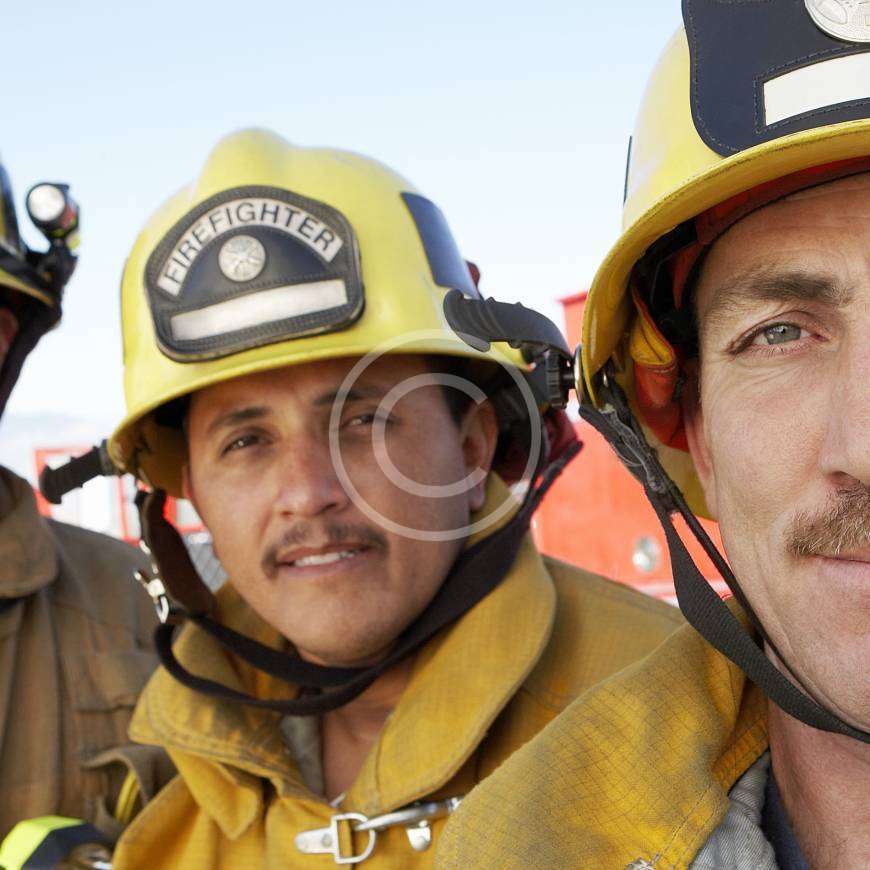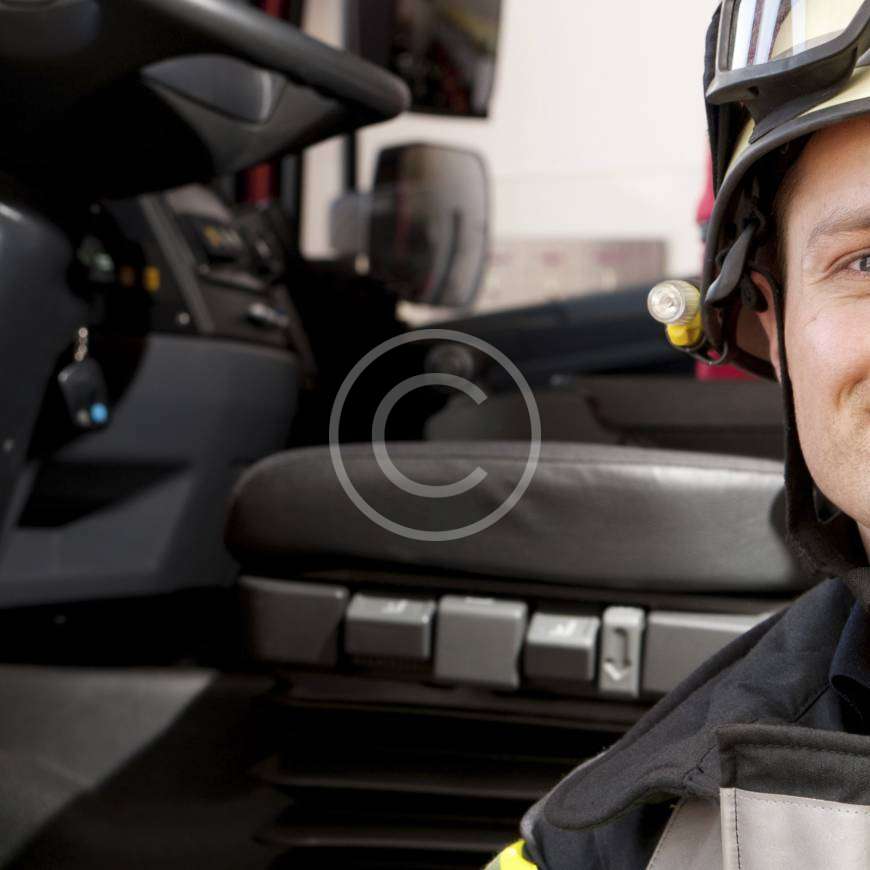Public Safety
Fire Safety
Citizens can do many things to increase the fire safety readiness of their homes. These include:
- Regularly Check Smoke Alarms
- Don’t Overload Circuits – do not place cords and wires under rugs or in high traffic areas.
- Follow Manufacturer’s Directions – Overheating, unusual smells, shorts and sparks are all warning signs that appliances need to be shut off, then replaced or repaired.
- Use Safety Caps – cover unused outlets, especially if there are small children in the home.
- Practice Generator Safety – Keep anything combustible at least three feet away.
- Have a Fire Escape Plan – Practice an escape plan from every room of the home or business; Ensure family members of all ages have an emergency phone number and alternate meeting spot memorized.
Carbon Monoxide Poisoning
About 230 people die each year from CO poisoning related to fuel burning household appliances, such as furnaces, space heaters, water heaters, clothes dryers, kitchen ranges, wood stoves and fireplaces. Each year, approximately 25 people die and hundreds more suffer from carbon monoxide poisoning when they burn charcoal in enclosed areas such as their homes – in a bedroom or living room for heat or cooking. Some also burn charcoal in campers or vans, or in tents.
When inhaled, carbon monoxide, a tasteless, odorless gas, is easily absorbed into the blood. The gas is lethal when it replaces the amount of oxygen needed to sustain heart and brain function. Symptoms of carbon monoxide poisoning include headaches, fatigue, weakness, shortness of breath, and nausea, are often dismissed as a “touch of the flu,” even by doctors.
Thunder Storms
- Avoid wide, open areas such as fields, but don’t huddle with others. Spread out at least 15 feet apart.
- Don’t stand near trees or tall poles. Get at least 7 feet away from tall objects.
- If you are in a lightning strike zone, get to the lowest point of ground you can, and kneel or squat to minimize your contact points with the ground. Do not lie flat. This will make you a bigger target.
- Remove steel-toed boots or shoes with metal spikes.
- Avoid metal objects such as lawn mowers, pipes, golf carts and clubs.
- Lighting can move through a home’s plumbing, attracted to the metal or water. Avoid using sinks and showers.
- If you’re out on the water, get to land. If you’re in a pool, get out.
- Never swim when thunder or lightning is present.
- Electrical wiring attracts lightning. Avoid using the telephone, except for emergencies.
- Disconnect computers, TV’s and other delicate electronic equipment. Consider attaching surge protectors to such equipment.
- Stay away from windows during strong winds. Tree limbs and other wind-borne objects can be a hazard.
- Rain reduces traction and causes tires to hydroplane. Slow your speed accordingly.
- Water on roads may be deeper than it looks. Watch for vehicles traveling too fast. They can throw up blinding sheets of water.
- Pay attention to hazard signs and roadblocks. Ignoring them threatens life and property, and can result in enforcement action by police.
Downed Power Lines
- Stay at least 100 feet away.
- If the power line has fallen on your car while you’re in it, don’t touch anything metal in the car, and stay inside until professional help arrives.
- Never try to help someone trapped by a power line. You endanger your own safety. Instead, call 911 immediately
Water Safety
- Learn to swim.
- Teach children to swim.
- Never swim alone.
- Never allow children to be near a pool or any water source alone.
- Never swim while under the influence of alcohol or medications.
- Never swim when thunder or lightning is present.
- Only swim in approved areas.
- Wear a Coast Guard approved PFD (personal floatation device) when boating, skiing or any other water sports. Air filled devices (inner tubes) are NOT approved PFDs.
- Check the depth of the water with the lifeguard (if avalible) before jumping in.
- Never dive into unfamiliar or shallow bodies of water.
- Know where your children are at all times.
- Always have a designated child watcher. A responsible adult should always watch children during all activities in or near water.
- Don’t assume that children who know how to swim don’t need supervision. Accidents can happen to anyone, no matter what age or swimming ability.
- Don’t assume that someone is watching. Just because there are adults present doesn’t mean they are watching the swimmers. Adults socializing might not even notice that a child is in trouble until it’s too late.
- Floaties don’t take the place of supervision. There is NO substitute for adult supervision.
- If you leave the pool area, take the children with you.
- Most child drowning incidents occur when an adult “just walked away for a few seconds.”
- Have life-saving devices near the pool and know how to use it. A pole, rope and personal flotation device are recommended.
- Do not allow children to play around the pool.
- Remove all toys from the pool and deck area after every use so that children are not attracted to them and tempted to gain access to the pool.
- Just having a pool on your property is a potential drowning hazard, even when there are no swimming activities.
- Use an approved barrier to separate the pool from the house.
- Keep large objects such as tables, chairs, toys, and ladders away from pool fences.
- Post the 9-1-1 number on the phone.
- Learn CPR and make sure that everyone in your home know what to do in case of a pool emergency. Every second counts when it comes to drowning.
Hurricane Safety
All citizens must prepare for emergencies and take proper precautions in using equipment before, during and after a storm. Visit NOLA Ready for additional hurricane preparedness information.
Before a Storm: Prepare Your Home
- Keep all trees and shrubs well-trimmed and clear loose and clogged rain gutters and downspouts.
- Tape does not prevent windows from breaking.
- Bring in all outside furniture, decorations, garbage cans, etc.
- Turn off propane tanks.
- Fill bathtub or buckets with water for cleaning and flushing toilets.
- Put copies of important documents in a waterproof, portable container in an easily accessible location
- Check NOLA Ready for full preparedness tips and information
During a Storm: Keep Your House Safe from Fires
Portable Generators:
- Operate generators in well ventilated locations outdoors away from all doors, windows and vent openings.
- Locate generators so that exhaust fumes cannot enter homes through windows, doors or other building openings.
- Do not refuel generators while they are running.
- Turn generators off and let them cool before refueling.
- Generators get extremely hot and will cause severe burns if not handled with caution.
- Do not store gas or flammable liquids in your home.
- Never try to power the house with a generator (back feeding); this is an extremely dangerous practice and could overload circuitry and burn down your home.
- There is always a risk of carbon monoxide poisoning when using portable generators that are not well ventilated. Carbon monoxide (CO) is an odorless, tasteless, invisible, poison gas. Every year, 1,500 people die of CO poisoning and 10,000 others need medical attention because of it. CO poisoning is a real threat, one that you cannot see, smell, or taste, but that you can prevent.
Candles:
- Keep candles at least 1 foot away from things that can catch fire, like clothing, books and curtains.
- Use candle holders that are sturdy, won’t tip over easily, are made from a material that cannot burn, and are large enough to collect dripping wax.
- Keep candles and open flames from flammable liquids.
- Never leave candles or kerosene lamps burning unattended or within the reach of small children or pets.
- Extinguish all candles when leaving home or going to bed.
Immediately After a Storm:
- Use extreme caution going out of doors. Be ready for broken glass, and damage to building foundations, streets and bridges, and coastal or hillside erosion.
- Stay away from downed power lines.
- Keep listening to radio, TV, or NOAA Weather Radio All Hazards.
- Watch for closed roads. If you come upon a barricade or a flooded road turn around.
- If you evacuated, do not return to your home until local authorities say it is safe.


